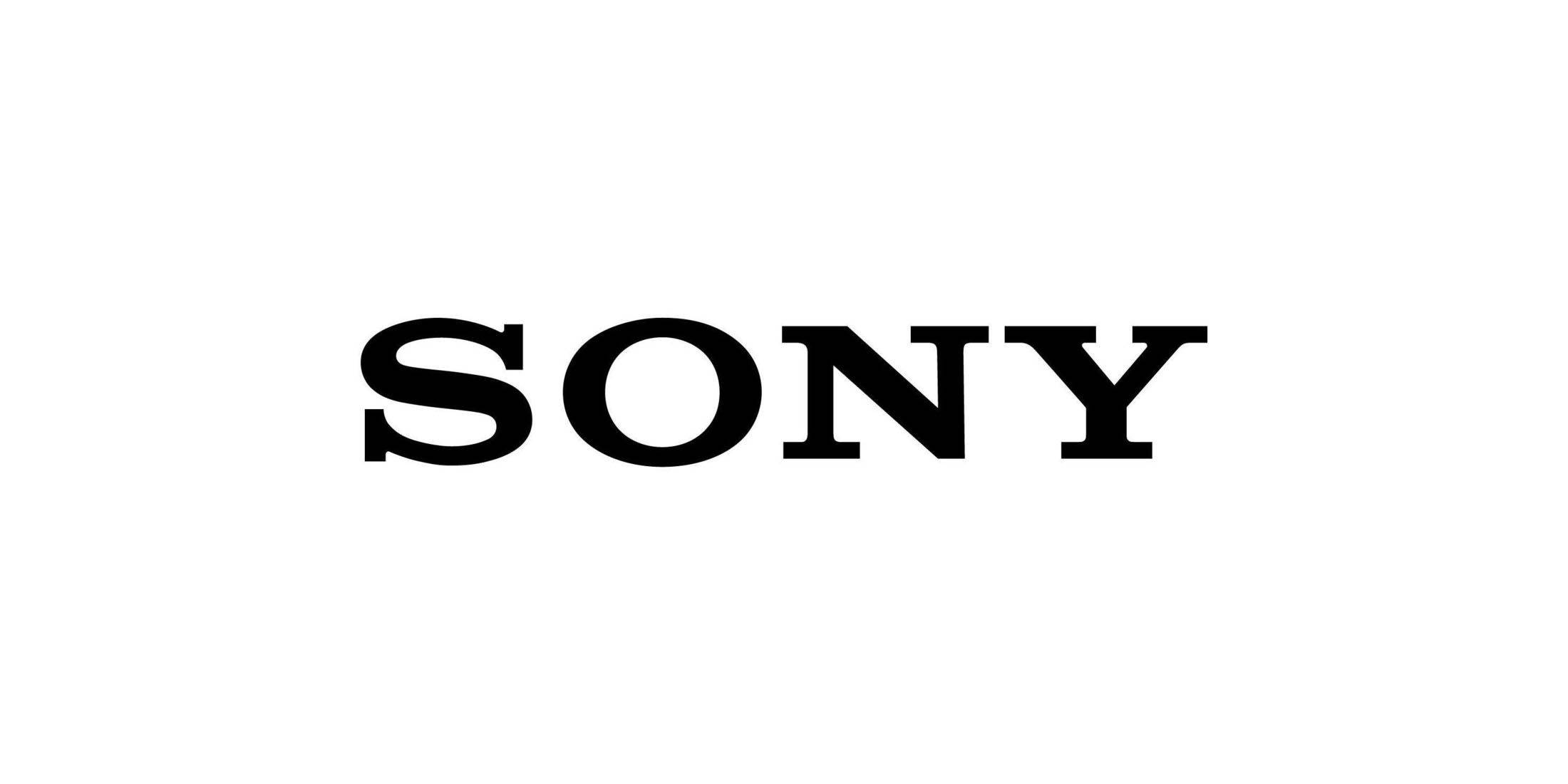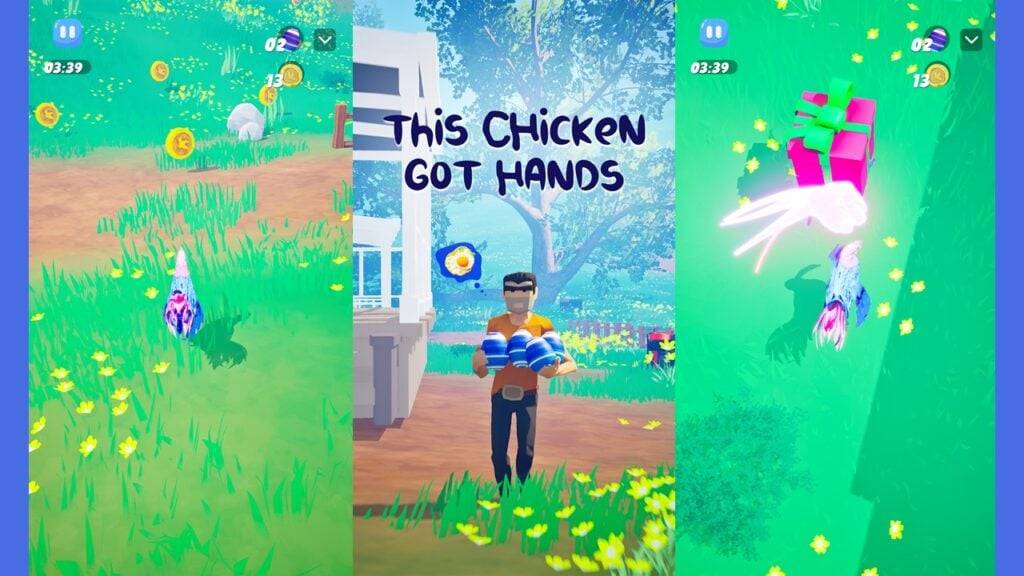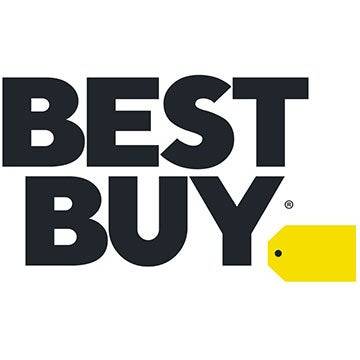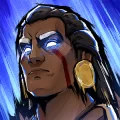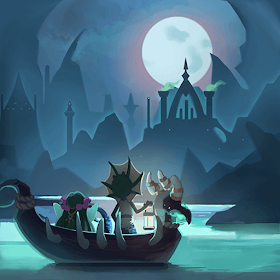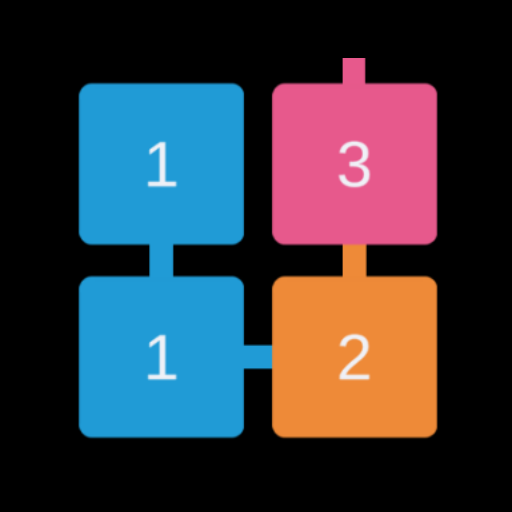Minecraft: From Humble Beginnings to Global Phenomenon
Minecraft's journey to becoming a globally recognized video game is a fascinating story of innovation and community building. This article details the evolution of Minecraft, from its initial conception to its current status as a cultural icon.
Table of Contents
- Initial Concept and First Release
- Growing a Dedicated Player Base
- Official Launch and International Success
- Minecraft Versions Through Time
Initial Concept and First Release
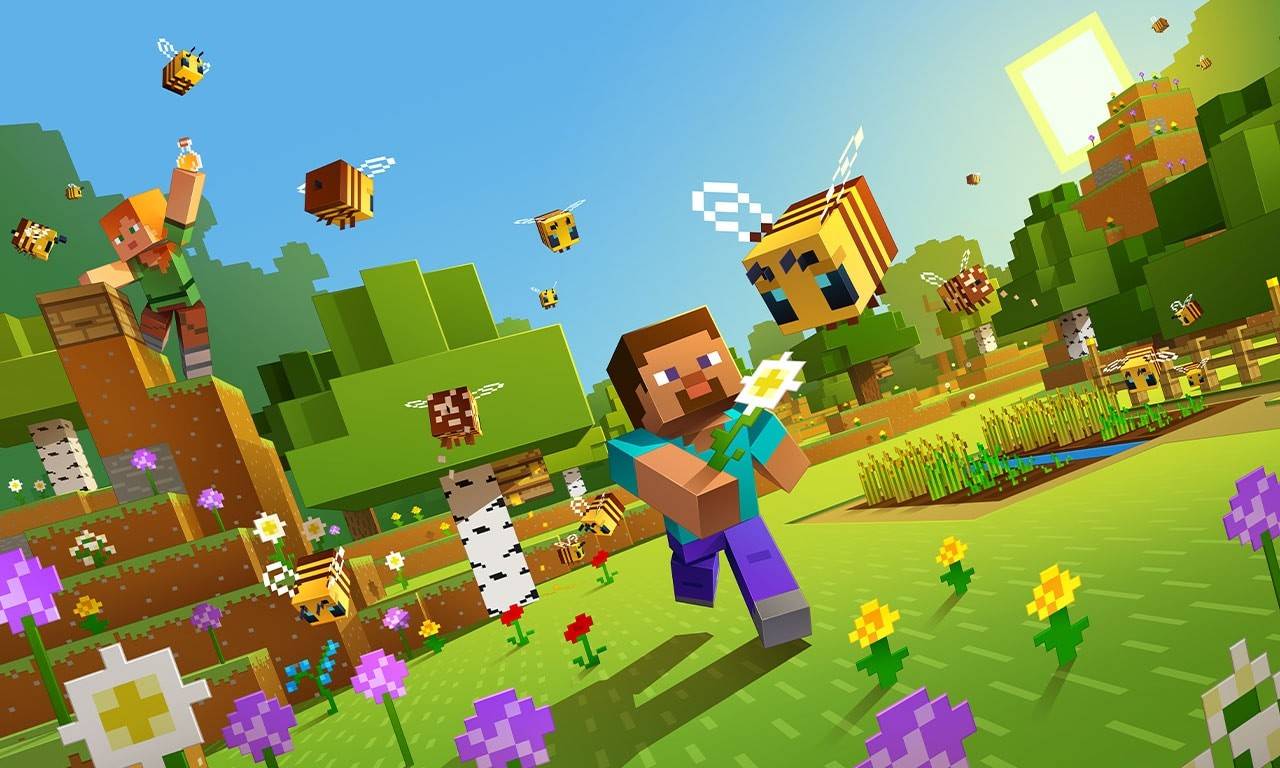 Image: apkpure.cfd
Image: apkpure.cfd
Created by Markus Persson ("Notch") in Sweden, Minecraft drew inspiration from games like Dwarf Fortress, Dungeon Keeper, and Infiniminer. Notch envisioned a game where players enjoyed the freedom of building and exploring. The alpha version launched on May 17, 2009, a lightweight pixelated sandbox experience developed during his time at King.com. Its simple yet engaging building mechanics quickly attracted attention.
Growing a Dedicated Player Base
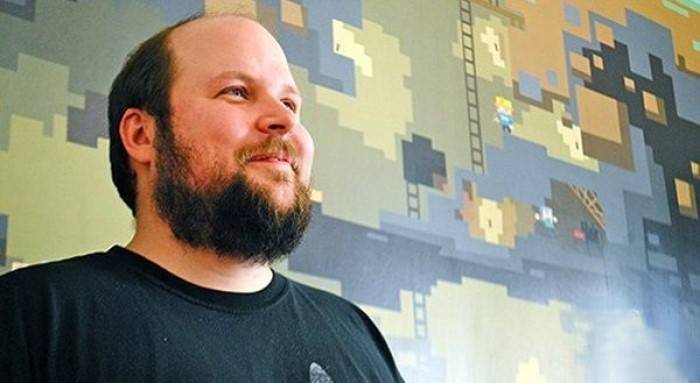 Image: miastogier.pl
Image: miastogier.pl
Word-of-mouth and online player communities fueled Minecraft's rapid growth. By 2010, the game transitioned to beta, prompting Notch to establish Mojang Studios to fully dedicate himself to its development. Minecraft's unique concept and boundless creative possibilities resonated with players, who built homes, landmarks, and entire cities within its virtual world. The addition of Redstone, a material enabling complex mechanisms, was a significant milestone.
Official Launch and International Success
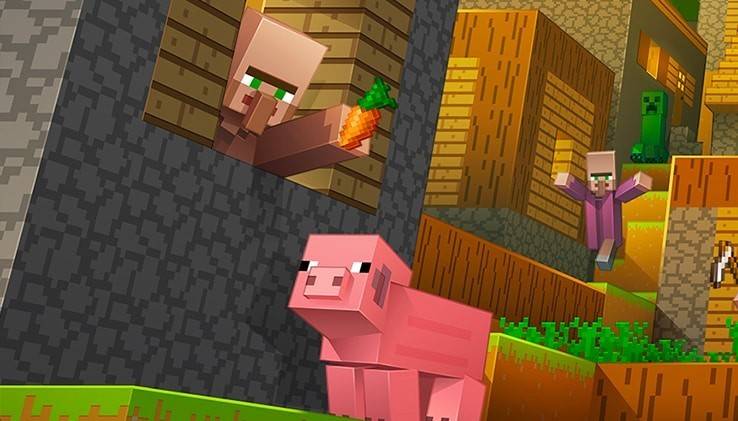 Image: minecraft.net
Image: minecraft.net
Minecraft's official 1.0 release on November 18, 2011, solidified its position as a global phenomenon. Millions of players comprised a vibrant and active community, creating modifications, maps, and even educational projects. Mojang's partnerships broadened Minecraft's reach to consoles like Xbox 360 and PlayStation 3 in 2012, further expanding its player base. The game's blend of entertainment and educational potential particularly captivated children and teenagers.
Minecraft Versions Through Time
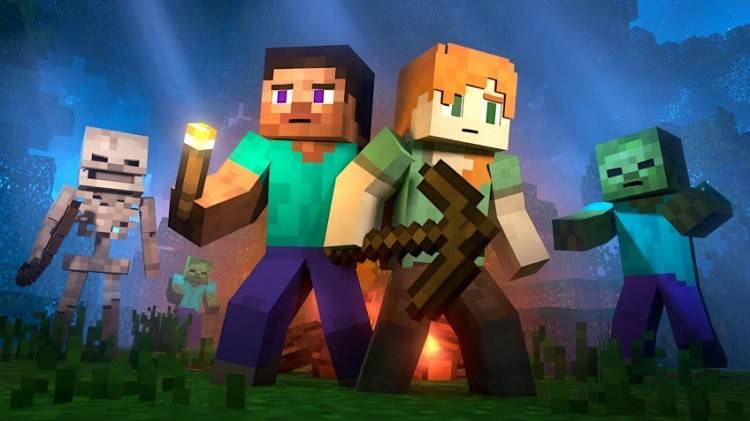 Image: aparat.com
Image: aparat.com
The following table summarizes key Minecraft versions released after the official launch:
| **Version Name** | **Description** |
| Minecraft Classic | The original free version. |
| Minecraft: Java Edition | Initially lacked cross-platform play; Bedrock Edition later integrated. |
| Minecraft: Bedrock Edition | Enabled cross-platform play; Java Edition included on PC. |
| Minecraft mobile | Cross-platform compatible with other Bedrock versions. |
| Minecraft for Chromebook | Chromebook-specific version. |
| Minecraft for Nintendo Switch | Includes the Super Mario Mash-up pack. |
| Minecraft for PlayStation | Cross-platform compatible with other Bedrock versions. |
| Minecraft for Xbox One | Partially Bedrock Edition; no longer receiving updates. |
| Minecraft for Xbox 360 | Support discontinued after the Aquatic Update. |
| Minecraft for PS4 | Partially Bedrock Edition; no longer receiving updates. |
| Minecraft for PS3 | Support discontinued. |
| Minecraft for PlayStation Vita | Support discontinued. |
| Minecraft for Wii U | Offered off-screen play. |
| Minecraft: New Nintendo 3DS Edition | Support discontinued. |
| Minecraft for China | China-exclusive version. |
| Minecraft Education | Designed for educational use in schools and clubs. |
| Minecraft: PI Edition | Educational version for the Raspberry PI platform. |
Conclusion
Minecraft's enduring appeal extends far beyond the game itself. It's a thriving ecosystem encompassing communities, online content, merchandise, and competitive events. With ongoing updates introducing new content, Minecraft continues to captivate players worldwide.

